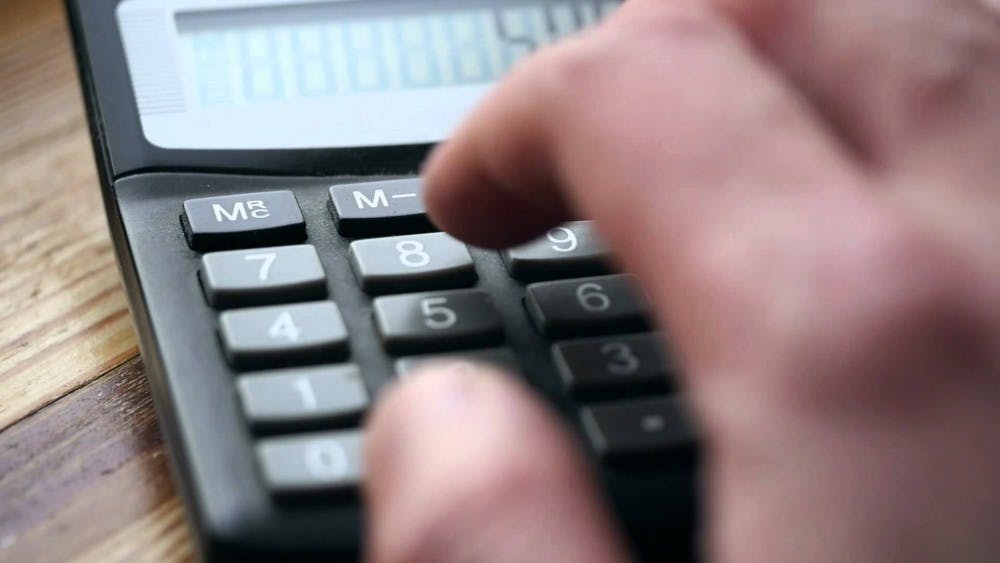The eight steps of the accounting cycle:
1. Transactions- any financial activity that involves the exchange of the company’s assets, the establishment or payoff of a debt, or the deposit from or payout of money to the company’s owners.
2. Transactions are listed chronologically in a journal. It is also called the "book of original entry.'
3. The transactions are then posted to the account that it impacts.
4. At the end of an accounting period, a trial balance is calculated.
5. If the books aren't balanced, scan the books and make corrections, which are called adjustments.
6. Post any corrections to the affected accounts once the trial balances reflect an even balance after the adjustments are made.
7. Prepare the balance sheet and income statement using the corrected account balances.
8. Close the books for the revenue and expense accounts and begin the entire cycle again with zero balances in those accounts.
(from dummies.com)
“You're excited to have one class in a semester that isn't some form of math.” -Heather Dull, sophomore
Accounting majors take so many math classes, sometimes a nice history or psychology class is a nice change.
“You get excited about journal entries.” Madison Willard, sophomore
All transactions are listed chronologically in journals. This helps keep track of balances and can be useful when corrections need to be made.
“When I am rigorously working on each step of the accounting cycle.” Spencer Walter, sophomore
With eight steps, it can take time to get through all of them. They are:
1. Transactions- any financial activity that involves the exchange of the company’s assets, the establishment or payoff of a debt, or the deposit from or payout of money to the company’s owners.
2. Transactions are listed chronologically in a journal. It is also called the "book of original entry."
3. The transactions are then posted to the account that it impacts.
4. At the end of an accounting period, a trial balance is calculated.
5. If the books aren't balanced, scan the books and make corrections, which are called adjustments.
6. Post any corrections to the affected accounts once the trial balances reflect an even balance after the adjustments are made.
7. Prepare the balance sheet and income statement using the corrected account balances.
8. Close the books for the revenue and expense accounts and begin the entire cycle again with zero balances in those accounts.
“When you have 50 things due at once.” -Willard
Coursework for accounting majors can be rigorous, not to mention that accounting cycle.
“When accounting is life.” -Denise Schwartz, sophomore
There was a reason accounting was your chosen major. Despite the overload of math and coursework, at the end of the day the work is worth it.





